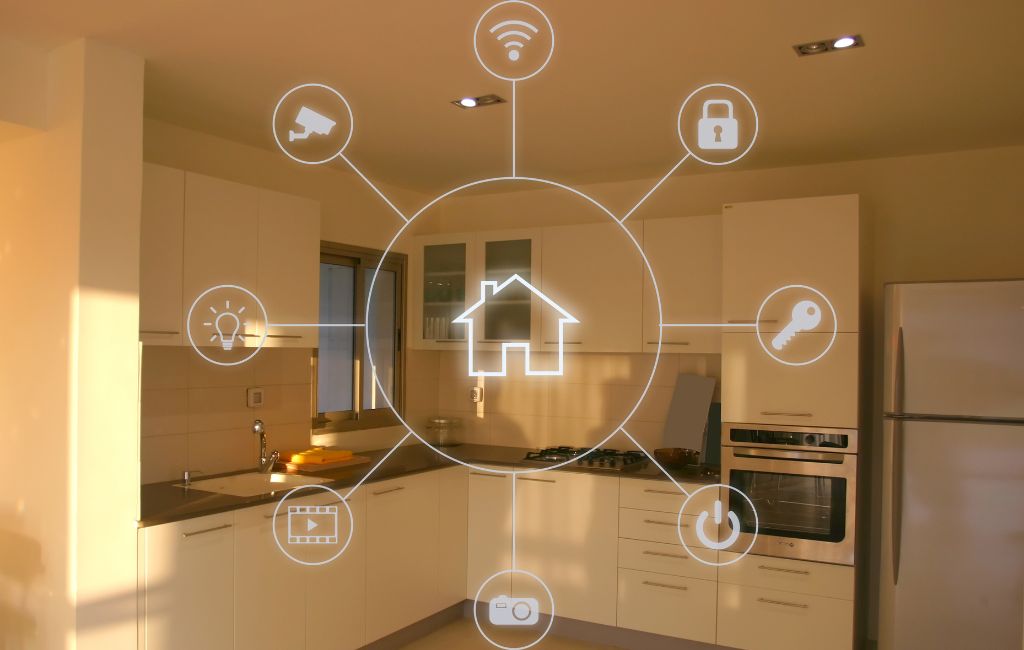In the age of the Internet of Things (IoT), smart home gateways serve as the central hub for connecting various devices and systems within a home or business. These gateways enable seamless communication between devices, allowing for increased convenience and automation. However, as with any digital system, ensuring the security of these gateways is paramount.

Why Securing Smart Home Gateways Matters
As more homeowners and businesses adopt smart home technology, the need for effective security measures becomes increasingly important. A compromised smart home gateway can lead to unauthorized access and control of connected devices, resulting in potential privacy breaches and financial losses.
Moreover, with the rise of cyber threats targeting IoT devices, securing smart home gateways is essential to protect sensitive data and maintain the integrity of your network. By implementing robust security measures, homeowners and businesses can enjoy the benefits of smart technology without compromising their safety and privacy.
Common Security Risks Associated with Smart Home Gateways
Understanding the potential security risks associated with smart home gateways is the first step in implementing effective security measures. Some common risks include:
1. Unauthorized Access
Unauthorized access occurs when an attacker gains control of a smart home gateway, allowing them to manipulate connected devices or steal sensitive information. This can be achieved through weak passwords or unpatched vulnerabilities in the gateway's software.
2. Data Interception
Data interception involves capturing and analyzing data transmitted between connected devices and the smart home gateway. This can result in the exposure of sensitive information, such as login credentials and personal data.
3. Malware and Ransomware Attacks
Malware and ransomware attacks can compromise the security of smart home gateways by infecting them with malicious software. This can lead to unauthorized access, data theft, and even the complete shutdown of the smart home system.
Best Practices for Securing Smart Home Gateways
To protect your smart home gateway from potential threats, consider implementing the following best practices:
1. Use Strong, Unique Passwords
Using strong, unique passwords for your smart home gateway and connected devices is one of the most effective ways to prevent unauthorized access. Avoid using common passwords or easily guessable information, such as birthdays or pet names.
2. Enable Two-Factor Authentication
Two-factor authentication (2FA) adds an extra layer of security by requiring users to verify their identity through a second method, such as a text message or authentication app. This can help prevent unauthorized access, even if your password is compromised.
3. Regularly Update Firmware and Software
Keeping your smart home gateway's firmware and software up to date ensures that any known vulnerabilities are patched, reducing the risk of exploitation by attackers. Enable automatic updates whenever possible to ensure your system remains secure.
4. Monitor Network Activity
Regularly monitoring your network activity can help identify any unusual or unauthorized behavior, allowing you to take action before a security breach occurs. Consider using network monitoring tools or services to keep an eye on your smart home system.
Additional Resources for Smart Home Security
For more information on securing smart home gateways and related topics, consider exploring the following resources:
Conclusion
Securing smart home gateways is essential for homeowners and businesses looking to protect their privacy and maintain the integrity of their IoT systems. By understanding the potential risks and implementing best practices, you can enjoy the benefits of smart technology without compromising your security.

FAQ
1. What is a smart home gateway?
A smart home gateway is a central hub that connects various smart devices within a home or business, allowing them to communicate and function together seamlessly.
2. How can I improve my smart home security?
Improving smart home security involves using strong passwords, enabling two-factor authentication, regularly updating firmware and software, and monitoring network activity.
3. Are there any specific tools or services for monitoring smart home security?
Yes, there are various network monitoring tools and services available that can help you keep an eye on your smart home system and identify any unusual or unauthorized activity.

